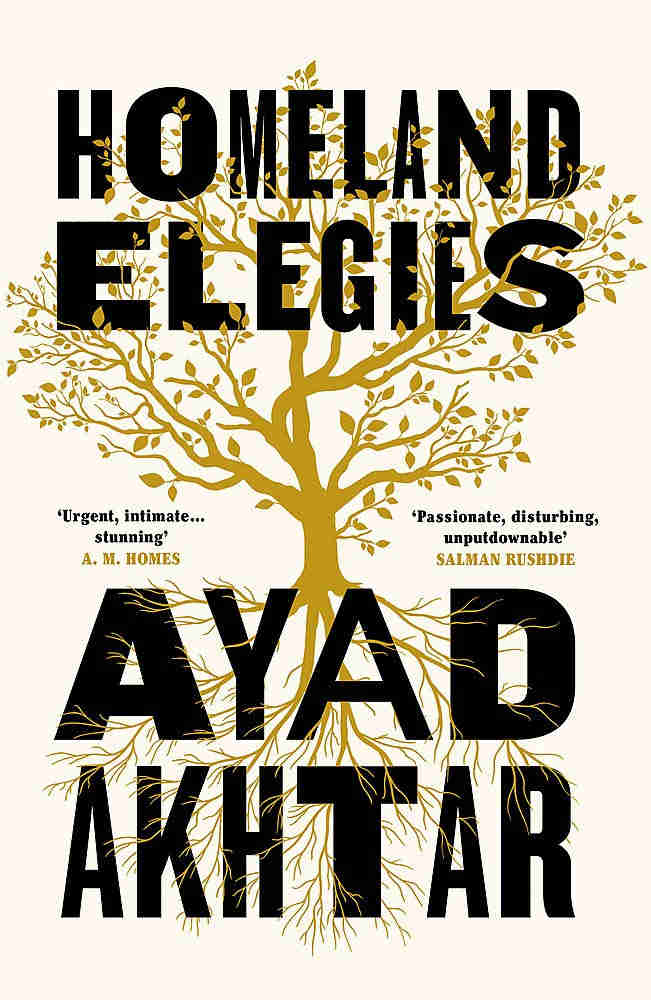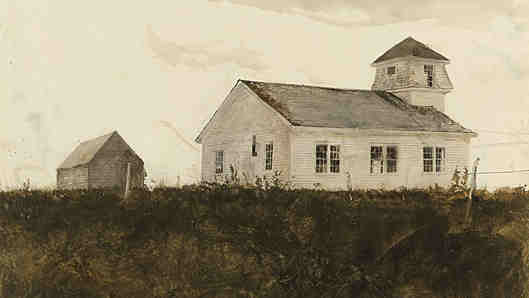Book: Homeland Elegies
Author: Ayad Akhtar
Publisher:Tinder
Price: Rs 599
Ayad Akhtar is the kind of novelist whose writing engages with identity and representation in a profound way, but he never lets the politics overwhelm the craft. He seems extremely aware of his job as a storyteller, and what he delivers is both compelling and spectacular. Characters are not used merely to stand in for ideas; they drive the plot and the emotion.
His new book, titled Homeland Elegies, is an absorbing narrative set in the mindscape of a young playwright who is born and raised in the United States of America by parents who migrated from Pakistan. What is most intriguing here is that the narrator shares Akhtar’s name, family background and career trajectory. He entices us to wonder whether the book is a memoir or a work of fiction. This is done in a manner that is most subtle.
The circular structure itself is a delight to behold. Akhtar opens and ends his novel with fine sketches of a relationship that might seem, at first, quite marginal to the drama in his narrator’s life but is hugely transformative in hindsight. Mary, the college professor who introduces the narrator to Sigmund Freud and Walt Whitman, is perhaps the only one who offers unconditional love and treats him with the respect he deserves.
The other significant elders in his life are his parents. His relationship with them is fraught with hierarchy, expectation and codes of conduct. He longs for their affection but finds them wanting. They provide food, shelter and money as he struggles to make a living as a playwright but that is not enough; what he wants is to be seen, heard and understood. They, in turn, find him a bit too serious, somewhat aloof, and almost always unhappy.
Mary is one of the few people in the book who is not of Pakistani descent. She relates to the narrator as a fellow American, a student she is incredibly proud of, and a man with intellectual gifts that need to be shared with a wider audience. She teaches him to critique American hegemony, psychoanalyse his dreams, and to be a cheerleader for free speech. She embodies what the feminist critic, Bell Hooks, calls “education as the practice of freedom”.

Homeland Elegies by Ayad Akhtar, Tinder, Rs 599 Amazon
Another woman, who appears quite fleetingly but leaves a big impression, is Asha — someone the narrator is ardently in love with. The book casts her in a less than flattering light. She uses the narrator to evoke jealousy in her philandering husband, hides the fact that she has syphilis, and breaks the narrator’s heart. While the flaws of other characters are depicted with kindness, Asha seems to get the narrator’s, and perhaps the author’s, unreserved scorn.
There is a lot going on in this novel besides the narrator’s childhood trauma and his quest for love. Akhtar deconstructs what the American dream looks like for people of colour, especially Muslims, after 9/11 and the Trump presidency. The book looks at how deeply entrenched racism is in the fabric of everyday American life, not only in electoral politics.
Akhtar reminds us that the fear of police brutality is a constant companion for people who are regarded as suspicious due to the colour of their skin or the name on their driver’s license. The humiliation faced by his narrator clearly shows that American society is built on the edifice of white supremacy and is spellbound by the irrational idea that all Muslims are potential terrorists unless proven otherwise. This is both offensive and ridiculous.
How do individuals conceive of home in such hostile contexts? Are they doomed to be outsiders forever? What are the strategies they use to make their lives bearable? These are some of the questions that Akhtar explores in his book. Home, for his characters, is sometimes a possibility, at other times a memory, but most often an inevitability. Home is a negotiation with family. It can be a refuge or a prison. It is rarely uncomplicated.
Home is also a closet of secrets. Some of these are revealed through the mother’s diaries whereas others come to light quite by accident. The narrator discovers that his father is in love with another woman. She is not Pakistani. They have a daughter who works at a strip club. The wife does not know about the mistress but the latter is aware of the former’s existence. The narrator ends up paying for his half-sister’s education.
If this seems bizarre, it is not, at least in Akhtar’s fictional universe. There are no heroes and monsters here. People make surprising choices, even shocking ones, but there is usually an explanation for their behaviour. It may not appeal to our sense of rationality, aesthetics or morality but it exists. This broad, forgiving, embrace of humanity is what makes the book worth reading. In the hands of a talented screenwriter, it would also make for an engrossing film.










